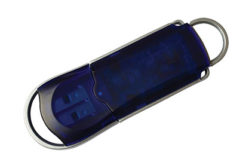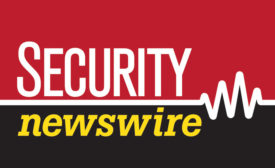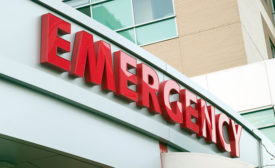Cybersecurity News
Cyber attacks have become one of the most worrisome risks considered chief financial officers
Read More
Power Grid Upgrades Create Security Risks
The U.S. power grid is in the process of an enormous transformation into a smart grid
September 1, 2014
Managing Thumb Drive Security Risks
Network security practitioners are well aware of the challenges posed by removable data storage devices, including thumb drives.
September 1, 2014
Sign-up to receive top management & result-driven techniques in the industry.
Join over 20,000+ industry leaders who receive our premium content.
SIGN UP TODAY!Copyright ©2024. All Rights Reserved BNP Media.
Design, CMS, Hosting & Web Development :: ePublishing







